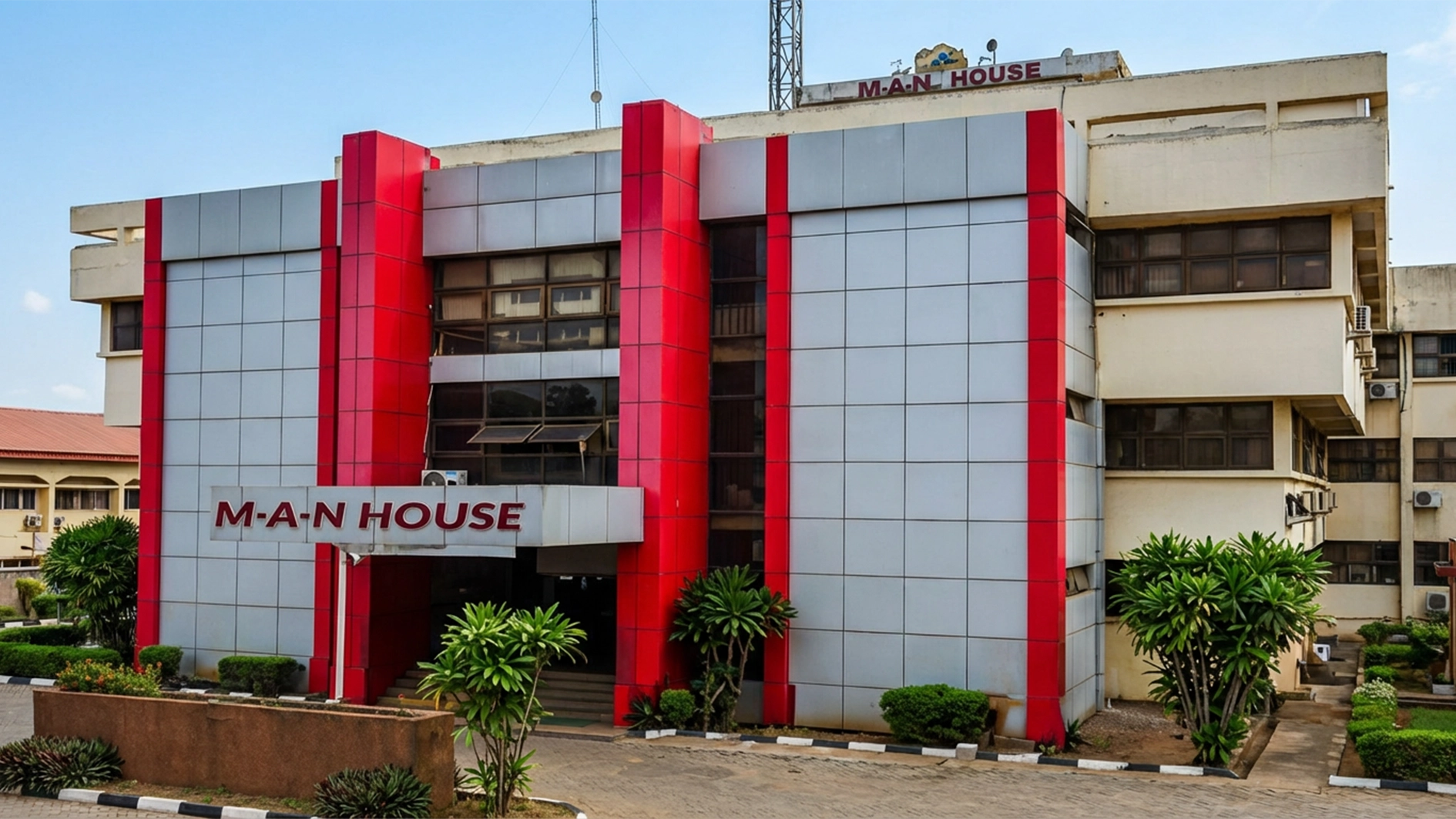The Nigerian Communications Commission (NCC) has announced a fresh collaborative measure with the Central Bank of Nigeria (CBN) and financial institutions to tackle the recurring problem of failed electronic payment and improve service quality across networks.
Speaking at an interactive session with the media in Abuja on Tuesday, the Executive Vice Chairman of the NCC, Dr Aminu Maida, said the Commission had revised its quality of service (QoS) guidelines and expanded accountability beyond mobile network operators to include co-location service providers, commonly known as TowerCos.
On failed recharge and top-up complaints, Maida said the NCC had constituted a joint task force with the CBN and the banks to standardise operations around electronic payments for airtime and data purchases.
“When you recharge, you get debited and don’t necessarily get the credit. The director of consumer affairs with our counterparts in the CBN set up a task force, and there’s now a framework that is undergoing review to standardise the operations around top-ups and recharge,” Maida explained. He said investigations showed that the absence of a standardised framework was at the root of the problem.
“It was literally up to every player in the ecosystem. That was why we had to bring all parties together,” he added. Beyond transaction failures, the EVC stressed that the Commission had strengthened regulatory oversight on service delivery.
“We have revised our QoS of Service guidelines, so no longer do we just hold the mobile network operators accountable. We have brought TowerCos into scope to hold them accountable for the quality of service,” he said.
According to him, operators had already submitted service improvement plans, which are being scrutinised through bi-weekly meetings with the regulator. He revealed that fresh investments were being made in critical infrastructure, while new equipment to boost network quality was already being delivered and installed across the country.
“We have engaged the operators directly on their rollout plans, and they are expected to deliver measurable improvements. Nigerians will soon begin to see the benefits of the ongoing deployments,” Maida assured.
On the growing complaints over data depletion, Maida explained that independent system audits carried out by Tier-1 audit firms such as PwC and Klynveld Peat Marwick Goerdeler (KPMG), found no evidence of operators deliberately draining customers’ data.
Rather, he said, confusing tariff structures were partly responsible for consumer dissatisfaction.
“What we did was issue a guideline for simplification and gave them a template whereby everybody must disclose their tariffs in a unified format,” he stated.
Maida emphasized that information disclosure and transparency would remain key regulatory strategies for driving competitiveness, improving service delivery, and protecting consumers.
He also noted that the NCC was monitoring emerging trends in digital consumption, promising that future regulatory interventions would be designed to support innovation while safeguarding users.
“Our role is to ensure that Nigerians not only have access to telecom services but can also rely on them with confidence,” he said. In her remarks, the Director of Consumer Affairs Bureau at the NCC, Freda Bruce-Bennett, urged Nigerians to adopt smarter habits in managing their data usage.
She advised consumers to regularly update mobile applications, limit automatic downloads, and monitor background activities on their devices to reduce unnecessary data consumption.
Bruce-Bennett also encouraged the use of data management tools provided by service providers.
“Simple steps like monitoring app permissions, turning off auto-play on videos, and disabling background data for non-essential apps can make a big difference,” Bruce-Bennett noted.
The NCC reiterated its commitment to working with all stakeholders, including banks and mobile operators, to deliver reliable, affordable, and transparent telecom services to Nigerians.






